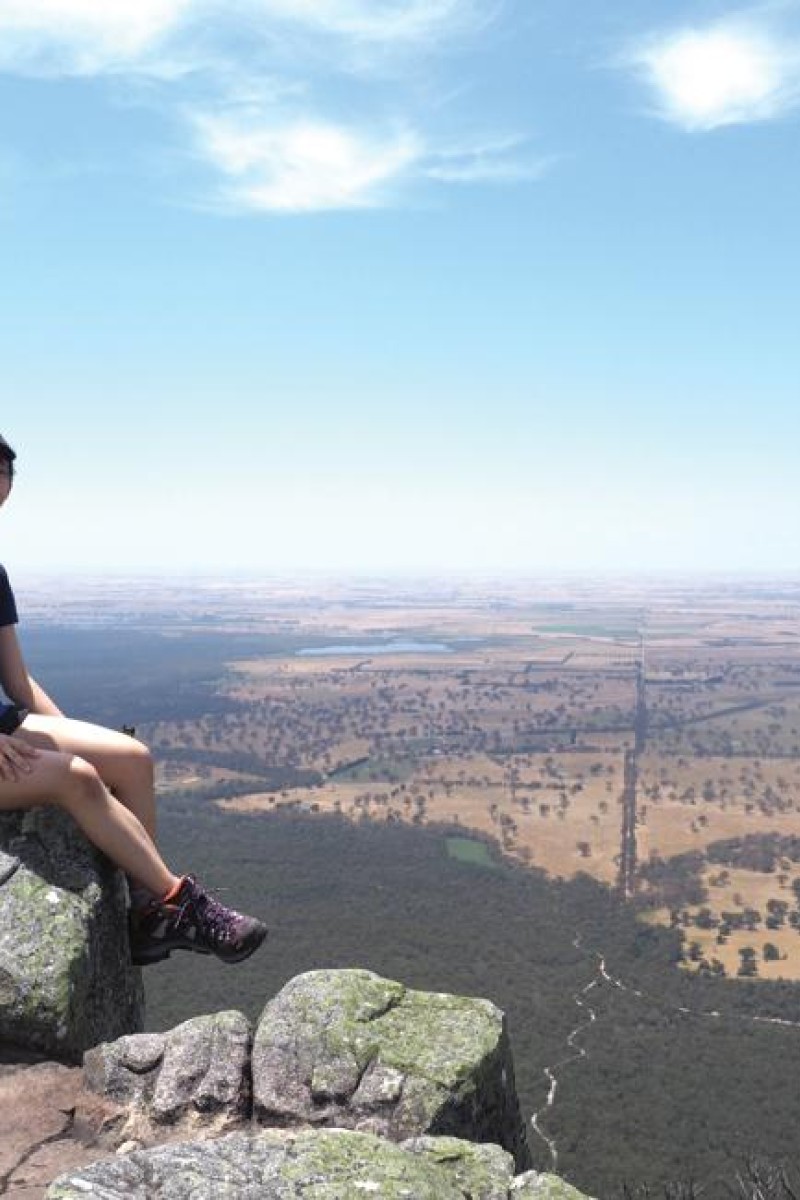
Sha Tin College student crowned world's top IGCSE scorer in International Mathematics
Published:
Listen to this article
Year 12 student Andrea Lee's love for numbers also made her the city’s IGCSE top scorer in Coordinated Sciences
Nicola Chan |
Published:
Sign up for the YP Teachers Newsletter
Get updates for teachers sent directly to your inbox
By registering, you agree to our T&C and Privacy Policy
Sign up for YP Weekly
Get updates sent directly to your inbox
By registering, you agree to our T&C and Privacy Policy